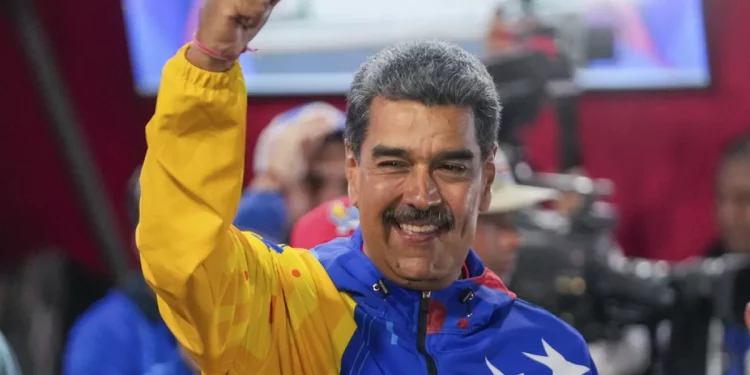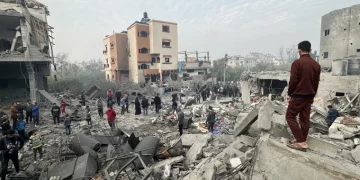Autocratic rulers across the globe continue to stay in power in the teeth of widespread popular protests through manipulation of elections. Nicolas Maduro of Venezuela is one such leader who was declared the winner recently and the Opposition, rejecting the claim, has now called on the military to enforce what it says is the will of the people. The situation in this South American country is almost akin to what has just happened in Bangladesh where the people took to the streets in thousands and now urge the military to help install a caretaker government after Prime Minister Sheikh Hasina fled the country.
In the case of Bangladesh, many countries, including the UN, questioned the legitimacy of the election that declared Hasina the winner recently. But, the international community is divided over the victory claimed by President Nicolas Maduro over the Opposition candidate Edmundo Gonzalez. This is because there is overwhelming evidence to the contrary. Some countries, including the US, have recognised Gonzalez as the winner. Others, including Brazil, Colombia and Mexico, have withheld recognition of Maduro’s claimed victory and are demanding that his government release a transparent accounting of the election results.
Gonzalez and the Opposition coalition, led by Maria Corina Machado, buttress their claim that the former has a landslide victory with the help of the printed paper trails produced by Venezuela’s electronic voting machines. They are publishing that data online so the world knows that the results claimed by Maduro and the institutions he controls are “fake”. This data has put Maduro in a spot and the charge that he has “stolen” the verdict appears tenable.
However, several of his autocratic allies have rallied behind Maduro and they are trying to protect him from the international pressure being mounted on him to bow down before the majority of his country who have “chosen” Gonzalez as their new President.
Within hours of the announcement by Venezuela’s National Electoral Council dubiously proclaiming Maduro the winner, the governments of China, Cuba, Iran, Nicaragua and Russia sent congratulatory messages to him. The common thread that connects all these leaders is their authoritarian character.
Maduro has long relied on these allies for his survival. They helped him overcome protests in 2015 and 2017 and an Opposition push to topple his government in 2019 through a protest movement led by Juan Guaido that nearly succeeded.
Venezuela’s economy is among the worst in the world due to intense international sanctions, the emigration of nearly a quarter of the country’s population because of poverty and a decade-long economic collapse. But, Maduro is continuing to rule with the help of international partners who are providing support cushioning him against the effects of sanctions by the US. In return, Maduro is selling Venezuelan oil, reportedly pocketing most of the money, rather than channelling it back to the country’s population.
Russia and Iran are also helping Venezuela maintain its aging oil infrastructure, while China has remained a key buyer of Venezuelan oil amid international sanctions. Chinese technology has helped manage the database behind the ‘Fatherland Card’ that the Maduro regime uses to track Venezuelan citizens and their voting patterns, which determines whether or not they can obtain subsidised food and household goods from the government. Cuba and Russia are believed to have provided covert support to Venezuela’s intelligence agencies and security forces which have repressed Opposition politicians and prevented internal dissent within the government.
But, as things are increasingly spinning out of control, Maduro’s friends and allies are reluctant to bail him out of the crisis. It is understandable that the US would recognise Gonzalez as the winner, but Maduro’s allies in Latin America, including Colombia and Brazil, have called for full and transparent voting data. Maduro now has the support of the military. But the deepening divisions at home and isolation abroad would continue to pose questions of legitimacy to his presidency.
It seems like autocrats worldwide, elected through sham democratic means like Putin in Russia or Orban in Hungary, are unwilling to accept the fact that the process of voting is a safety valve which helps the citizens vent their ire against rulers. Tinkering with that exercise harms those very rulers who use it as a crutch to hold on to power.







































